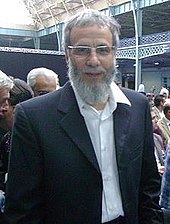Another notable aspect of al-Bahrani’s scholarship is his approach to theological discourse. He engages with a variety of philosophical paradigms, addressing existential inquiries that permeate the human experience. His reflections cover a vast spectrum, from the nature of God to the intricacies of the human soul. This philosophical inquiry is conspicuously marked by an understanding of human suffering and the quest for enlightenment. Al-Bahrani’s teachings prompt readers to ponder not only the existence of a higher power but also the moral imperatives that arise from such beliefs, guiding adherents toward a life imbued with purpose and ethical responsibility.
The fascination with Yusuf al-Bahrani, therefore, is not merely a scholarly interest but a testament to his ability to connect profound existential themes with practical theological governance. His works resonate on multiple levels, appealing to academics, practitioners, and seekers alike. The depth of his analysis invites readers to delve beyond surface interpretations, compelling them to engage with the complexities of faith in a modern context.
The educational frameworks established by al-Bahrani also warrant consideration. By fostering a culture of inquiry and critical thought, he laid the groundwork for future generations of scholars. His emphasis on ijtihad, the process of independent reasoning in legal matters, positions the individual as an active participant in the interpretation of divine will. This notion challenges the static understanding of religious authority, suggesting that the vibrancy of belief necessitates active engagement and responsiveness to evolving societal dynamics.
Tags
Share this on:
[addtoany]


